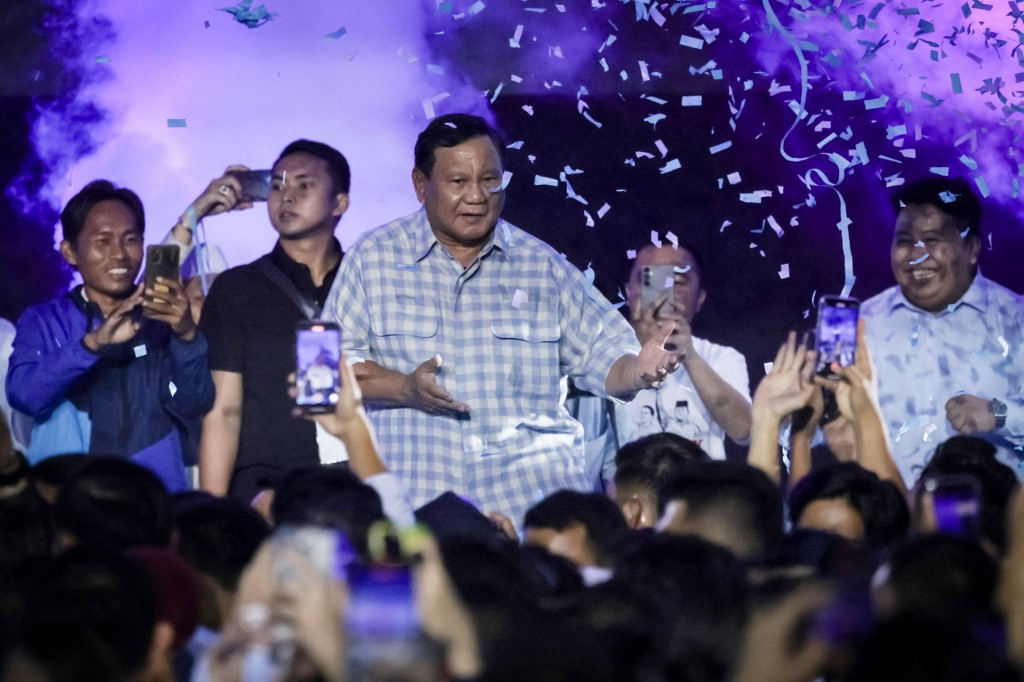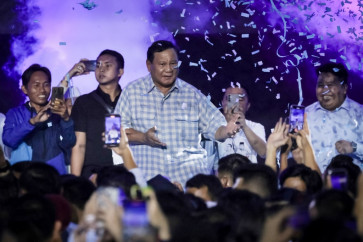Popular Reads
Top Results
Can't find what you're looking for?
View all search resultsPopular Reads
Top Results
Can't find what you're looking for?
View all search resultsIn the wake of Prabowo’s win: Rethinking science communication
Science communication is not just about disseminating information — it is about fostering dialogue, building trust and empowering grassroots to make informed decisions.
Change text size
Gift Premium Articles
to Anyone

In the dim aftermath of Prabowo Subianto’s victory, the nation is left to grapple with the unsettling reality of his ascent to power, succeeding Joko “Jokowi” Widodo’s administration, which has become repressive and anti-science in its later years.
For some, the former general’s win is not easy to understand: Prabowo is tainted by his past human rights abuses, his close ties to the New Order dictatorship and the implicit support he has received from Jokowi, whose son Gibran Rakabuming Raka is Prabowo’s running mate and was appointed under an alleged violation of the 2017 Elections Law.
The result of the world’s biggest democratic election seemingly foreshadows a potential repression of freedom of speech. In his poignant reflection, Ian Wilson of Murdoch University in Australia captured the mood with a somber tone, calling it an “election to end all elections”. Indeed, Prabowo and Gibran’s win marks a crucial moment in Indonesian politics, showing the concentration of power in groups that subvert democracy and scientific thinking.
As science communicators working closely with the academic circle, many of whom reject the idea of Prabowo securing the country’s throne, his conquest in the three-way race shocked us. Indeed, we were fully aware that Prabowo was at the forefront of electorate surveys. But many of us hoped there would be a second round and a turn of events — which did not happen.
The bitter truth is that we lived in a bubble and overlooked the silent majority. In a country where scientific discourse is often limited to ivory towers, failing to connect with the grassroots has proven costly. Traditionally seen as bastions of knowledge, universities often fall short in their communication efforts, with their PR teams primarily focusing on on-campus activities and professorial promotions.
This situation was exacerbated by the current state of science communication. The current state of public discourse is shackled by self-censorship, a consequence of the polarization experienced between 2014 and 2019. The fear of repression and social divisions – including among our closest inner circles – has stifled the voices of the general society and scholars, limiting their impact on public discourse.

Yet, amid the despair, there lies a glimmer of hope – an opportunity for academics to rise, unite and redefine their societal role.


















